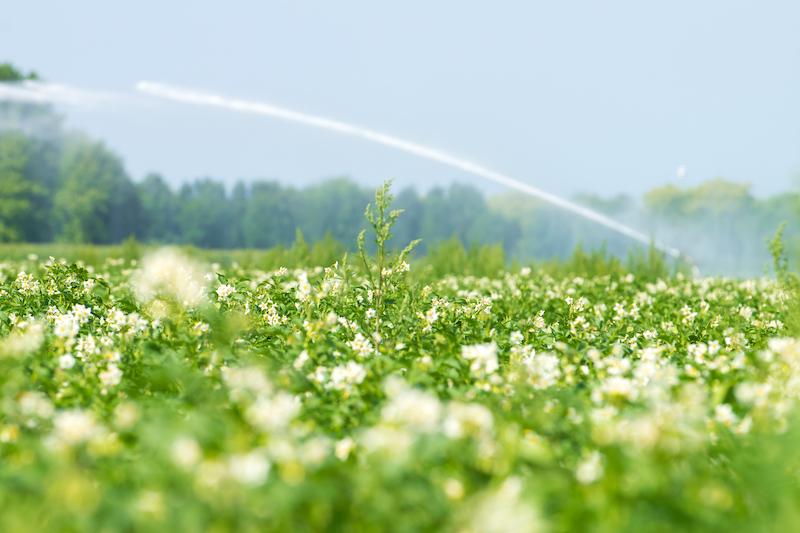How Biostimulants Can Help Mitigate the Effects of Drought Stress
Drought stress is a major concern for farmers and growers around the world. As climate change continues to impact weather patterns, many areas are experiencing more frequent and severe droughts. This can have a significant impact on overall plant health and crop yields. Some (amino acid) biostimulants can help mitigate the effects of drought stress on plants. A biostimulant is an agricultural product designed to stimulate a plant’s metabolism and its tolerance to abiotic stress.
Here’s how biostimulants can help mitigate the effects of drought stress:

Proline as osmoprotectant
Drought is manifested primarily as osmotic stress: plants experience water deficit, which leads to a decrease in turgor pressure and cell expansion. Proline is a well studied amino acid that helps in maintaining cell turgor by acting as an osmoprotectant, which maintains the water potential gradient between the plant cells and the surrounding environment. This enables plants to maintain its growth and development, even under water-deficit conditions. Proline also acts as a free radical scavenger, protecting plant cells from oxidative damage caused by drought stress. This helps in preventing cellular damage and maintaining plant productivity.
Proline naturally accumulates in plants under drought stress, but its synthesis requires time and energy. External application of proline saves a plant time and energy, resulting in higher tolerance to drought and faster recovery after drought stress events. Aphasol is an amino acid biostimulant produced in a non-chemical way, with proline being its second most important amino acid.
Increased Root Growth
Amino acid biostimulants can also help to promote root growth in plants, which can improve their ability to access water and nutrients in the soil. Glutamate, the most important amino acid in Aphasol stimulates root branching and root-hair development. Arginine, another amino acid well present in Aphasol, plays a crucial role in root activity. With a more developed root system and better root activity, plants are able to access more water during periods of drought.

In conclusion, amino acid biostimulants can be an effective tool in increasing tolerance to drought stress and mitigating its effects on plants.
